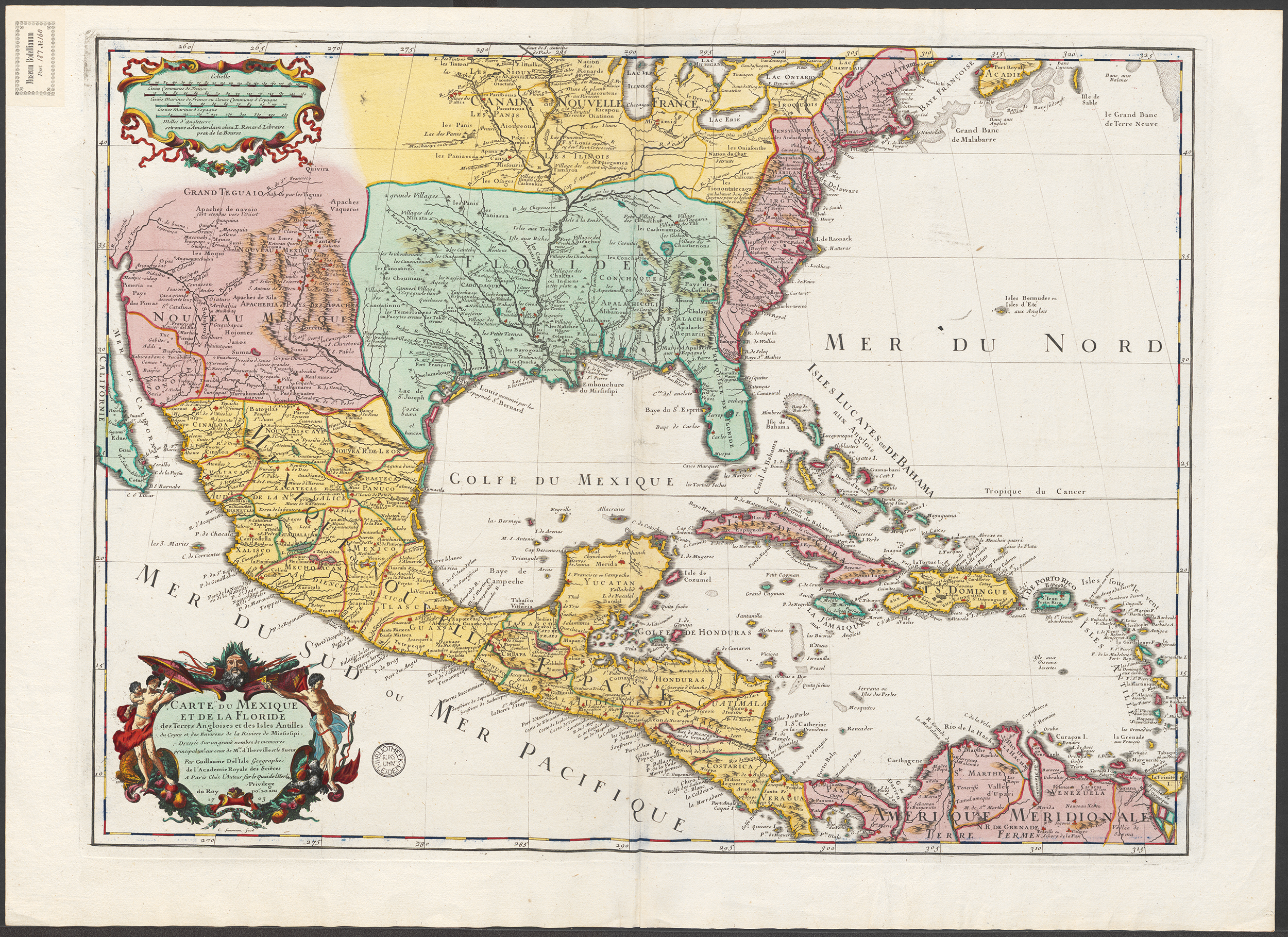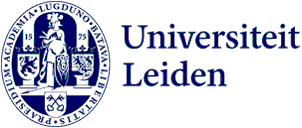
Maps and atlases collection Bodel Nijenhuis available for online search
With the addition of over 16,500 new catalogue records, the collection of Johannes Tiberius Bodel Nijenhuis (1797-1872) is now almost entirely searchable online. The private collection of the Leiden map collector laid the foundation for the special collection of maps and atlases of Leiden University. The further opening of this collection represents an imporant step towards further digitisation and addition of metadata to the collection.

The collection of maps and atlases bequeathed by Johannes Tiberius Bodel Nijenhuis to the UBL is one of the largest, most important and most diverse cartographic collections in the Netherlands. For a long time, the collection was exclusively accessible via an old-fashioned card index system with handwritten index cards that could only be consulted in the University Library itself. Parts of this physical catalogue were previously made accessible via the online catalogue: maps and atlases of the Netherlands, Belgium, maps of the Dutch East India Company, maps of former Dutch colonies, Asia and the Caribbean and some hand-drawn and other special maps. These subcollections, however, comprised only a third of the total. The remaining maps, including those of Africa, America and Oceania and the large subcollection of maps of Europe, can now also be searched online.
“With the cataloguing of the Bodel Nijenhuis map collection a long-cherished wish of mine and many map researchers has been fulfulled. The collection was always available for research and education, but with added search via the online catalogue, the collection is now easily accessible for even more people. Cataloguing specialist collections like these is a time-consuming and therefore expensive process. I am very grateful to my wonderful colleagues for their efforts!”
- Martijn Storms, Curator for Maps and Atlases
Cataloguing during corona
During the corona period, many UBL employees were forced to work mostly from home. An excellent opportunity to tackle a major project such as the digital opening of the Bodel Nijenhuis collection. The physical cards were taken home by employees and entered in a spreadsheet. Our colleagues really accomplished a huge amount of work in a few weeks. Jenny de Roode especially deserves a mention here. Over the past year, all files were merged, checked and further supplemented. The result: more than 16,500 new catalogue records. This means that more than 95% of records in the Bodel Nijenhuis Collection have now been unlocked.
-

Carte du Mexique et de la Floride des Terres Angloises et des Isles Antilles du cours et des environs de la riviere de Mississipi [COLLBN Port 187 N 160] -

Kaart aanwijzende de verspreiding der cholera, en het aantal sterfgevallen aan deze ziekte in elk der 39 buurten van Leiden [COLLBN Port 52 N 3-5] -

City plan of Vienna [COLLBN Port 120 N 122] -

Nova Totius Africae Tabula Africa [COLLBN Port 179 N 25] -

Caerte vande Bahia de Todos os Sanctos ende Vertoninghe hoe wy aldaer 't landt Taborycke leggen hebben aldaer 6 Foorten tegen 't aen Commen vande Portugiesen op Poincto Bale [COLLBN Port 191 N 80]
The importance of metadata
The Special Collections of the UBL are so-called research collections. This also applies to the collection of maps and atlases. In order to make the objects easy to find and and usable for education and research, it is crucial that they are described at an individual level. This means the addition of metadata about an object to a digital record, following international guidelines. The opening up of a collection is also an important condition for the digitisation of a document or object. Despite the steps that have now been taken, data from the physical catalogue was sometimes very limited. In the future, these catalogue records will therefore have to be further enriched.
